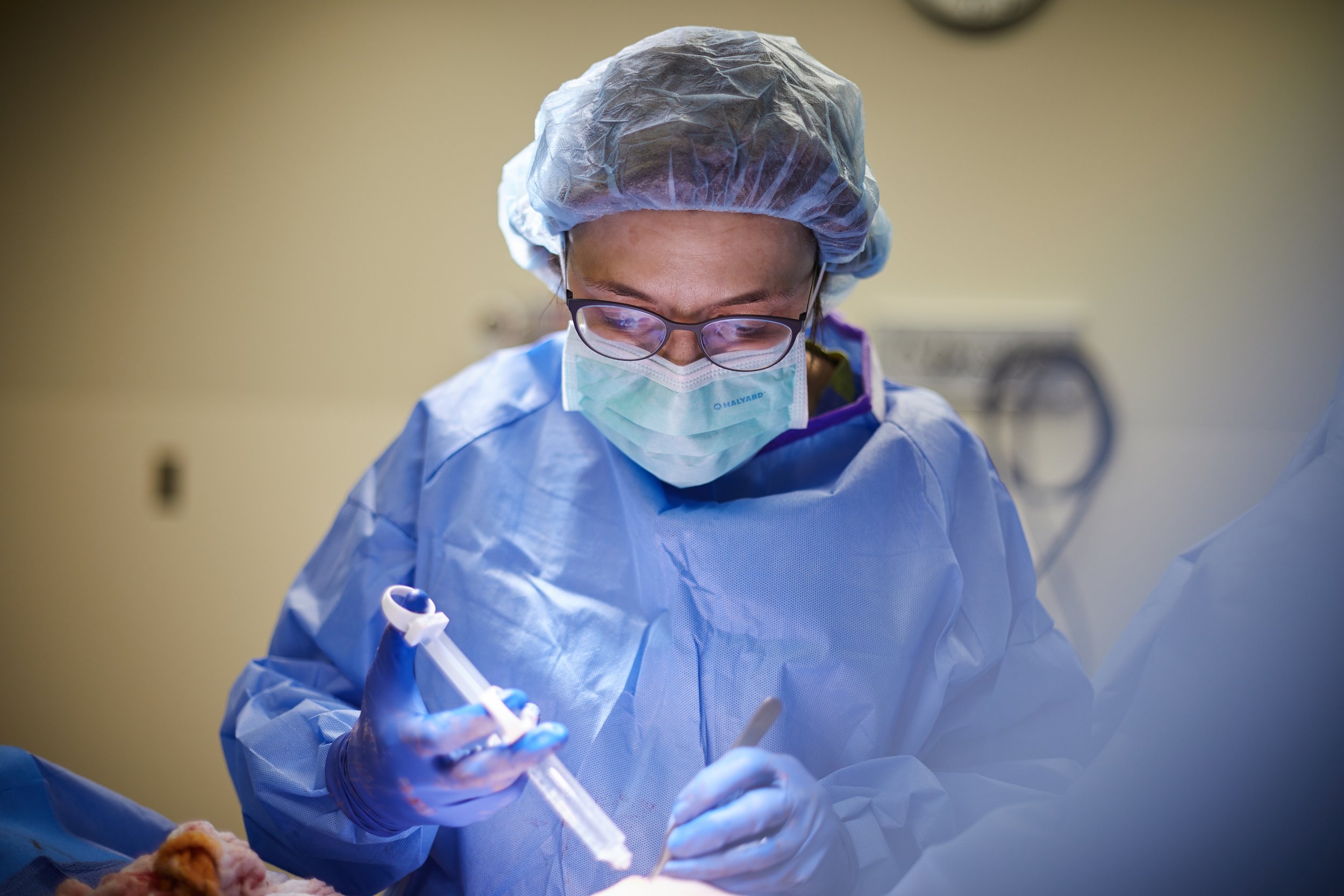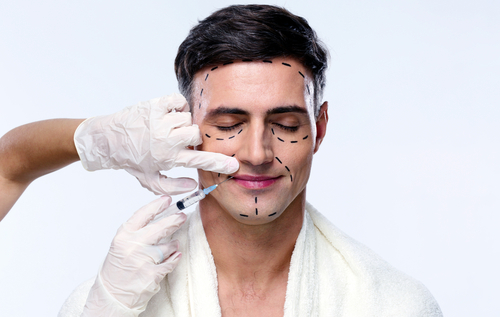Plastic Surgery Rancho Cucamonga: Boost Your Self-confidence with Personalized Cosmetic Therapies
Checking Out the Mental and Social Elements That Drive People to Think About Plastic Surgery as a way of Renovation
The choice to pursue cosmetic surgical procedure typically expands beyond plain looks, intertwining with social and emotional characteristics that warrant extensive examination. Aspects such as self-esteem, pervasive societal beauty standards, and the pervasive impact of social networks merge to form specific inspirations for medical improvement. As these impacts become progressively noticeable, comprehending the underlying psychological and cultural contexts is important. What stays to be explored is the extensive influence these aspects have not only on personal identification yet additionally on more comprehensive societal norms and worths bordering beauty and approval.
The Duty of Self-Esteem
Self-worth dramatically affects an individual's decision to pursue plastic surgery. People with low self-esteem often perceive themselves in an unfavorable light, resulting in feelings of insufficiency concerning their physical look. This unfavorable self-perception can drive them to look for medical interventions as a method of improving their self-image. The wish for improvement in one's look is often linked to a belief that such adjustments will raise their general self-respect and self-confidence.

Inevitably, the duty of self-esteem in the decision-making process regarding plastic surgery highlights the complex interaction between body photo, individual satisfaction, and psychological health and wellness. Understanding this partnership is critical for healthcare specialists to guarantee that people are making educated decisions rooted in sensible expectations and emotional well-being.
Social Beauty Criteria
Influenced by prevalent media representations and cultural stories, societal appeal criteria play a crucial role fit individuals' understandings of their very own bodies. These requirements are often identified by an idealized kind of elegance that highlights characteristics such as symmetry, slimness, and youthfulness. As these perfects are perpetuated via numerous channels, including television, film, and advertising and marketing, people often internalize these messages, resulting in frustration with their all-natural look.
The effects of these societal norms extend beyond aesthetic preferences; they can impact self-worth, mental health, and social connections. People that perceive themselves as dropping brief of these standards might experience feelings of inadequacy, prompting a desire for plastic surgery as a way of accomplishing social approval. This search is usually sustained by the belief that adapting these perfects will improve not just physical appearance however additionally social standing and personal satisfaction.

Impact of Social Media Site
The impact of societal elegance standards is additional amplified by the increase of social media sites systems, where curated pictures and idealized depictions of beauty are common. Users are continuously subjected to filteringed system and modified photos, which typically depict unattainable physical attributes. This exposure grows a society of comparison, leading individuals to assess their very own appearance against these usually unrealistic criteria.
Social media influencers and stars frequently promote cosmetic procedures, stabilizing the notion that medical enhancements are a sensible means for accomplishing social perfects (plastic surgery rancho cucamonga). The presence of these improvements can produce a perception that undergoing plastic surgery is a basic technique, therefore affecting people to think about similar treatments as a pathway to boosted self-esteem and social approval
In addition, the interactive nature of social media permits immediate responses via likes and remarks, even more reinforcing the wish to satisfy popular beauty requirements. Such interactions can aggravate feelings of insufficiency and drive individuals toward cosmetic surgical procedure as a means of getting recognition. Eventually, social networks plays a critical duty in forming assumptions of elegance, which substantially affects the decision-making processes bordering plastic surgery.

Cultural Perspectives on Appearance
Throughout various societies, perceptions of appearance are deeply rooted in historic, social, and financial contexts, forming people' sights on appeal and value. In numerous cultures, look acts as a significant marker of identification, influencing social condition, professional opportunities, and individual connections. For instance, in some societies, light skin is commonly related to wealth and advantage, while others may glorify darker complexion as symbols of stamina and credibility.
Furthermore, conventional charm criteria are often bolstered through cultural narratives, media representations, and household affects, resulting in differing ideals throughout different areas (plastic surgery rancho cucamonga). In Western cultures, the emphasis on young people and physical health and fitness commonly drives individuals towards cosmetic improvement, while in particular Eastern societies, more subtle modifications aligned with traditional visual appeals may be favored
Globalization and the expansion of electronic media have actually additionally made complex these dynamics, developing a hybridization of elegance ideals that transcends geographical boundaries. As people progressively navigate these social stories, the pressure to satisfy certain appearance standards can result in the desire for cosmetic surgical treatment, showing a complicated interplay of personal aspirations and cultural worths. Recognizing these social point of views is essential in attending to the motivations behind plastic surgery considerations.
Psychological Impacts of Plastic Surgery
Numerous individuals looking for plastic surgery record experiencing extensive psychological effects that can considerably alter their self-perception and psychological well-being - plastic surgery rancho cucamonga. The desire for physical enhancement frequently comes from underlying problems such as low self-confidence, body dysmorphic problem, or social stress regarding elegance criteria. For some, the instant post-operative stage can lead to a momentary increase in self-esteem and fulfillment with their appearance, promoting a feeling of empowerment
However, these positive feelings may not be enduring. Research study indicates that while some patients experience improved self-esteem, others might deal with intense stress and anxiety or clinical depression if their assumptions are not satisfied. This inconsistency can occur from impractical ideals perpetuated by media depiction and best site social stories surrounding appeal.
Additionally, the mental ramifications of cosmetic surgery expand past the individual. Relationships with friends and family may be stressed as social characteristics shift, causing feelings of isolation or alienation. Ultimately, the mental influences of plastic surgery are intricate and multifaceted, calling for mindful consideration by both potential people and doctor to make sure educated decision-making and sensible assumptions.
Verdict
Finally, the decision to go after plastic surgery is dramatically influenced by a combination of self-worth concerns, find here societal charm criteria, and cultural viewpoints on appearance. The prevalent reach of social media additionally exacerbates these pressures, advertising impractical perfects that people frequently strive to acquire. Recognizing these social and psychological factors is essential for attending to the inspirations behind cosmetic surgical Find Out More procedure, highlighting the requirement for an extra nuanced conversation surrounding beauty and self-acceptance in contemporary culture.
The decision to go after cosmetic surgical procedure commonly extends past simple aesthetics, linking with social and mental dynamics that merit detailed examination. Eventually, social media plays an essential function in forming understandings of elegance, which significantly influences the decision-making processes surrounding cosmetic surgical treatment.
As individuals increasingly navigate these social narratives, the pressure to adjust to specific appearance criteria can lead to the wish for cosmetic surgical procedure, mirroring an intricate interplay of social values and individual ambitions.In final thought, the choice to pursue cosmetic surgery is considerably affected by a mix of self-confidence concerns, societal elegance criteria, and cultural viewpoints on look. Recognizing these social and psychological aspects is necessary for resolving the motivations behind cosmetic surgery, highlighting the demand for a more nuanced discussion surrounding appeal and self-acceptance in contemporary culture.